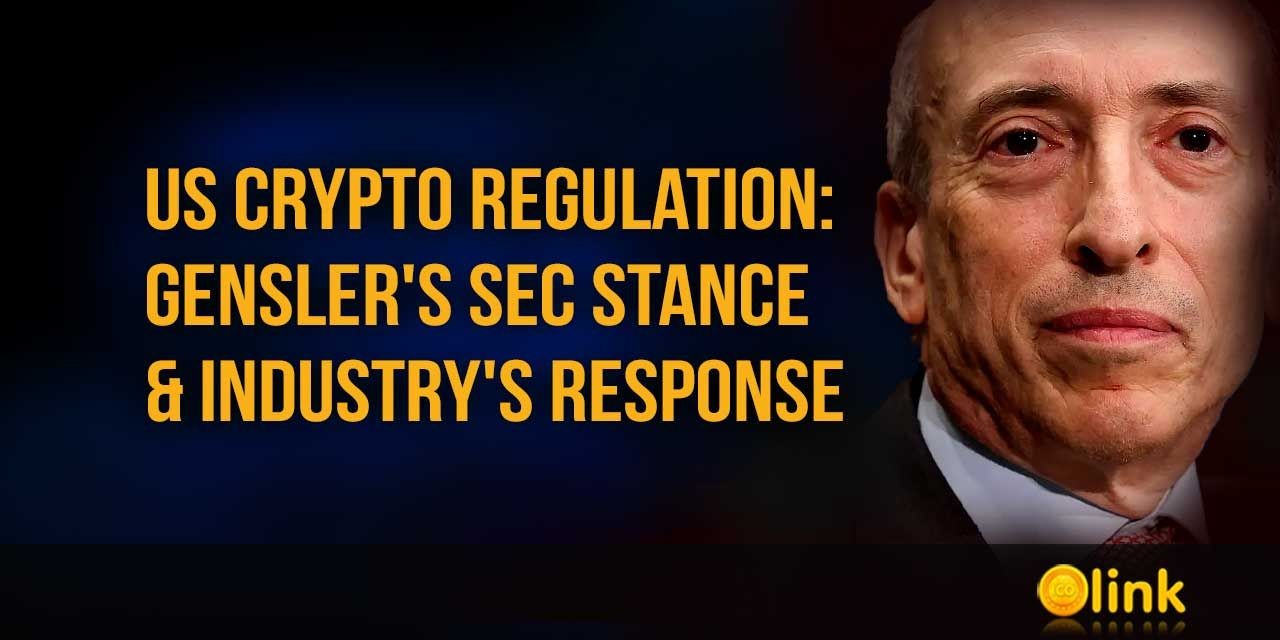US Crypto Regulation: Gensler's SEC Stance & Industry's Response
SEC & Crypto: Navigating the Tumultuous Regulatory Waters
The US Securities and Exchange Commission (SEC) Chairman, Gary Gensler, has recently become the epicenter of discussions around cryptocurrency regulation, and his stance is unequivocal: no new rules are required.
Existing Frameworks: Sufficient for Crypto?
Drawing upon the Howey test, a judicial precedent from the U.S. Supreme Court case, SEC v. W.J., Gensler asserts that transactions qualifying as investment contracts under this test are deemed securities by the law. In simpler terms, any crypto asset bar Bitcoin, according to Gensler, falls under this umbrella. While industry advocates argue for the test's obsolescence in a rapidly advancing tech ecosystem, Gensler remains undeterred. He contends that labeling a digital asset as a 'utility token' doesn't exempt it from being treated as a security. Paraphrasing William Hinman, Gensler quips that a mere name change doesn't alter its fundamental nature in the eyes of the SEC.
The Crypto Exodus: A Possible Reality?
Raoul Pal, the CEO of Real Vision and a former Goldman Sachs executive, presents a starkly contrasting perspective. He speculates that the existing regulatory ambiguities might drive major US cryptocurrency businesses to relocate. This sentiment is bolstered by instances like Binance, which shifted its base from China to Malta in response to regulatory constraints.
The regulatory conundrum isn't unique to the US. While nations like Switzerland have become crypto havens owing to their favorable legal and tax frameworks, many others grapple with defining and regulating these digital assets.
Implications for the US Economy
The US's position as a global technology leader might be jeopardized if these regulatory uncertainties persist. The potential departure of major cryptocurrency firms could not only tarnish its reputation as a tech hub but also inflict economic repercussions.
Conclusion: A Crossroads for the US
The current regulatory stance adopted by the SEC, combined with the industry's cries for clarity, underscores a pivotal moment for the US. As the world evolves, so too should regulations. If the US lags behind in crafting an inclusive and clear framework, it risks losing its edge in the ever-evolving crypto frontier.






